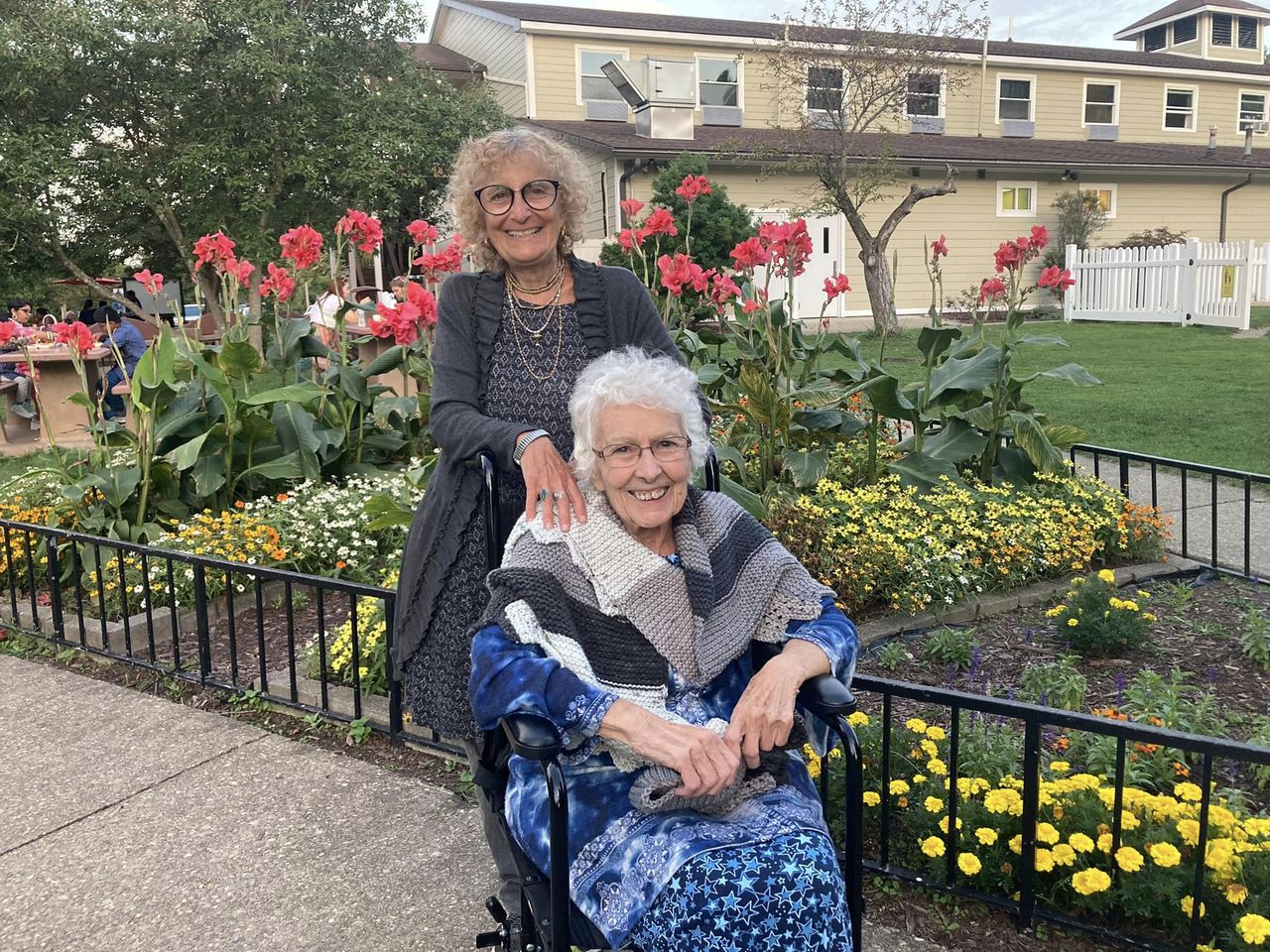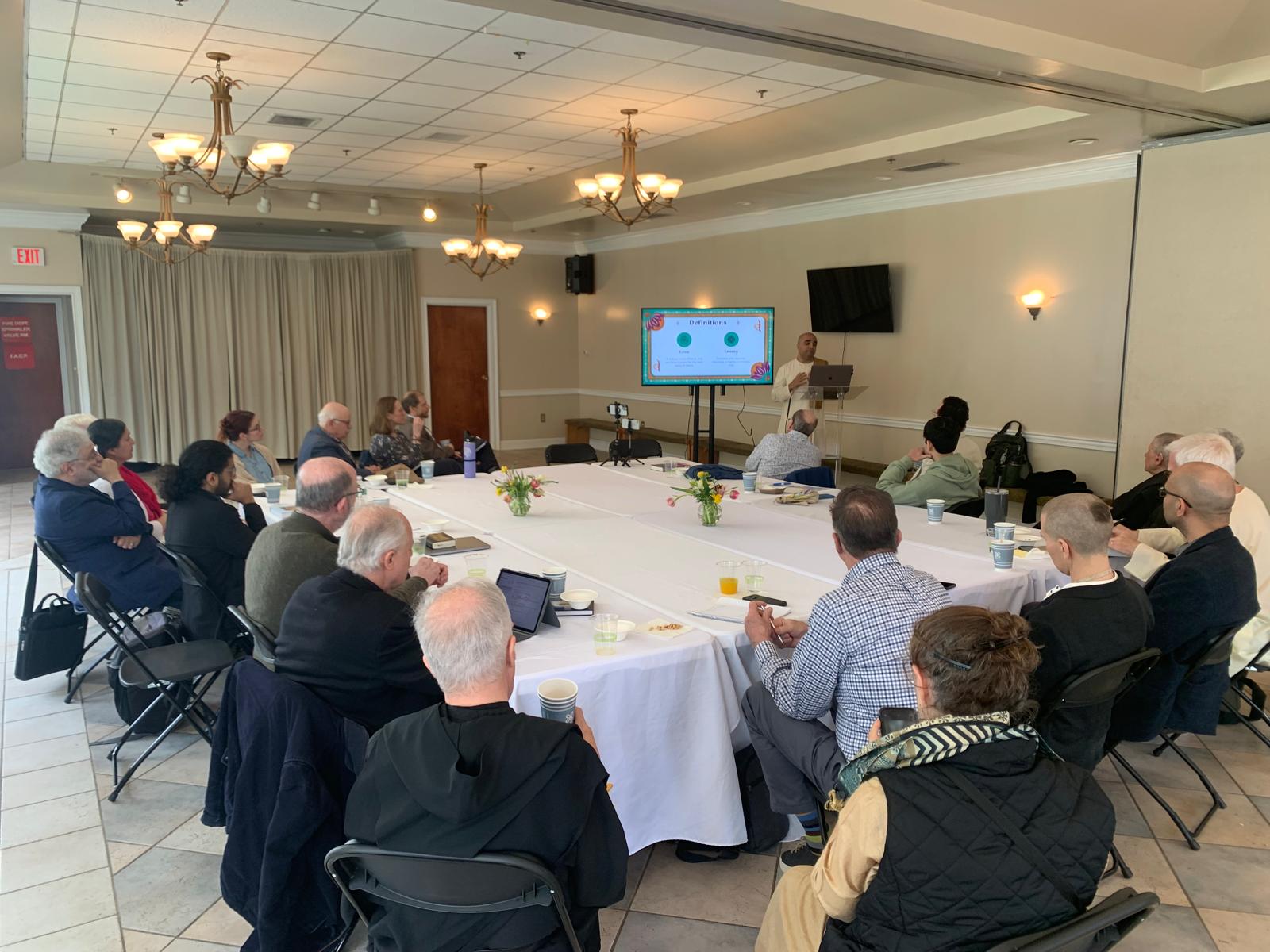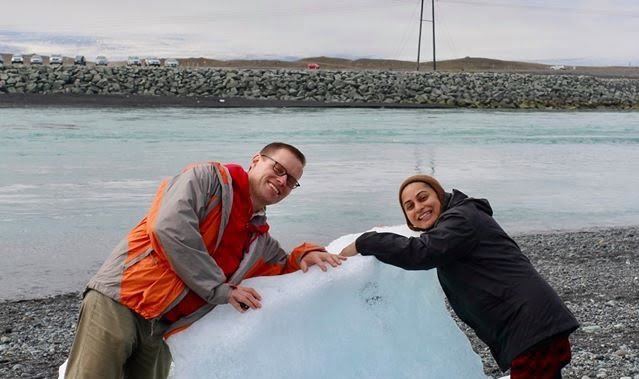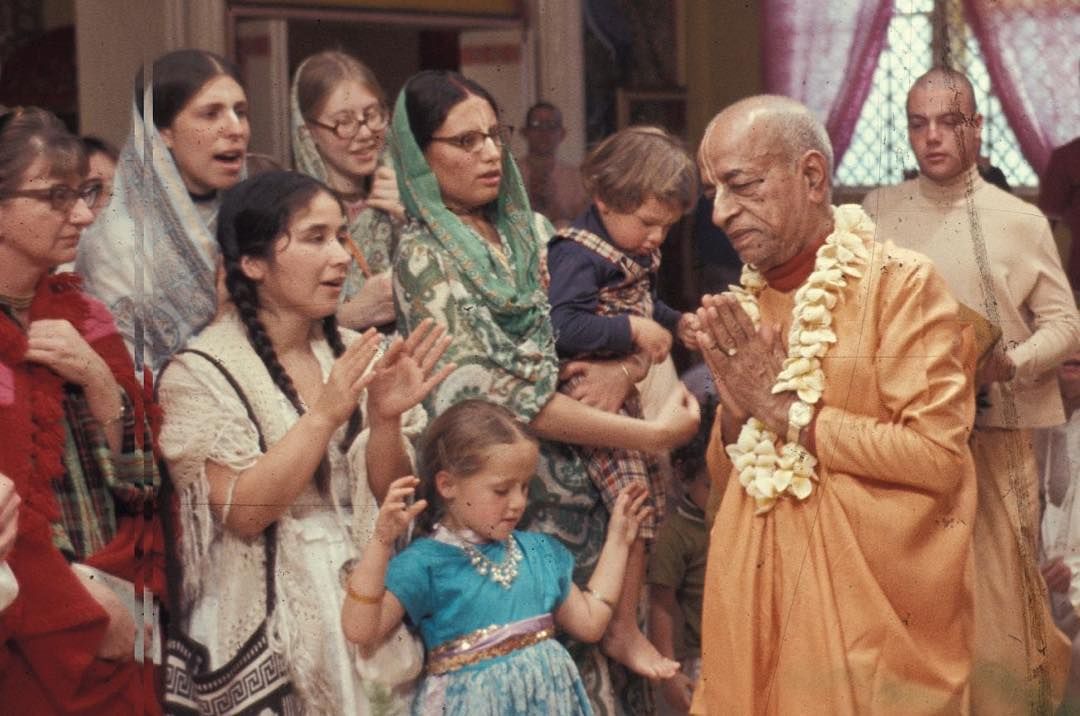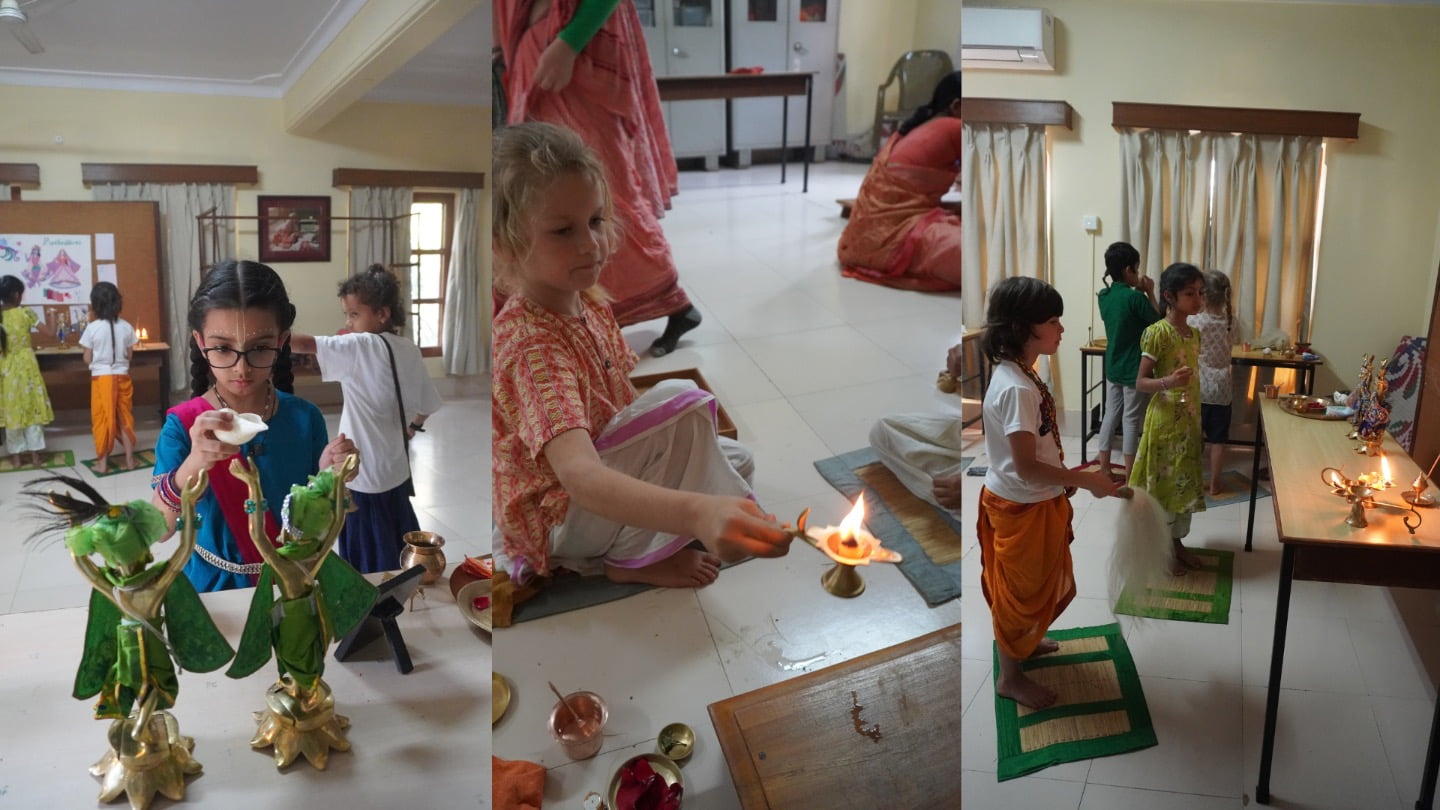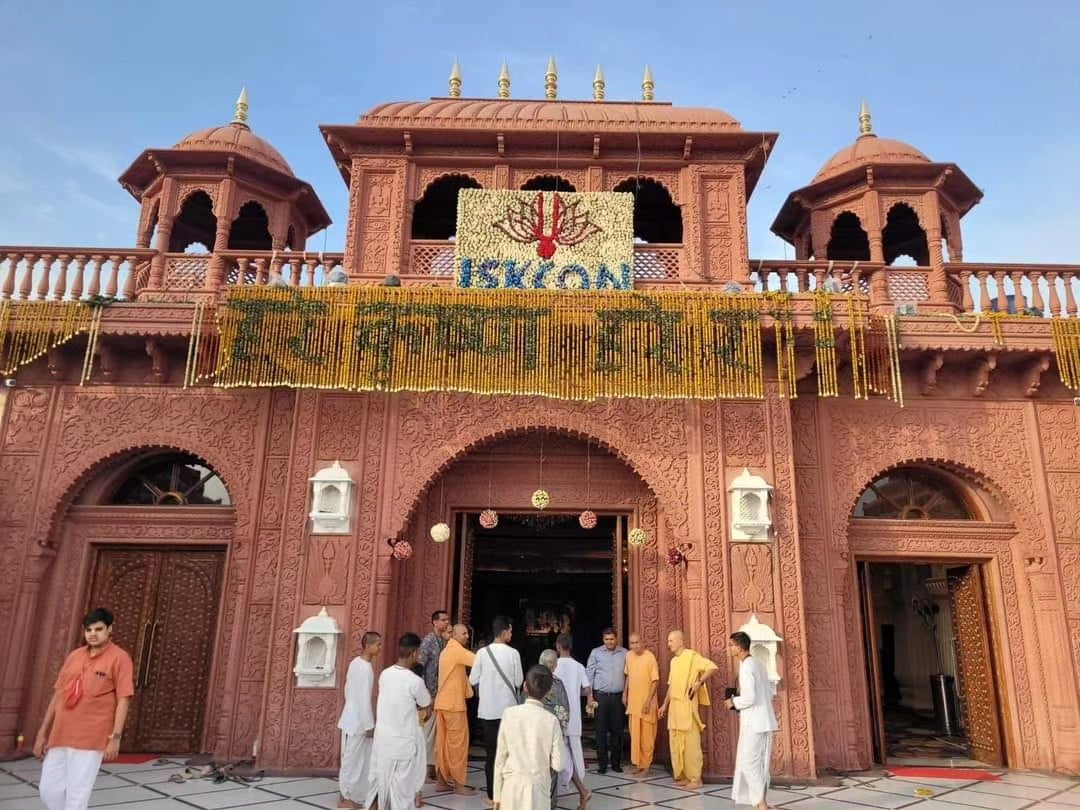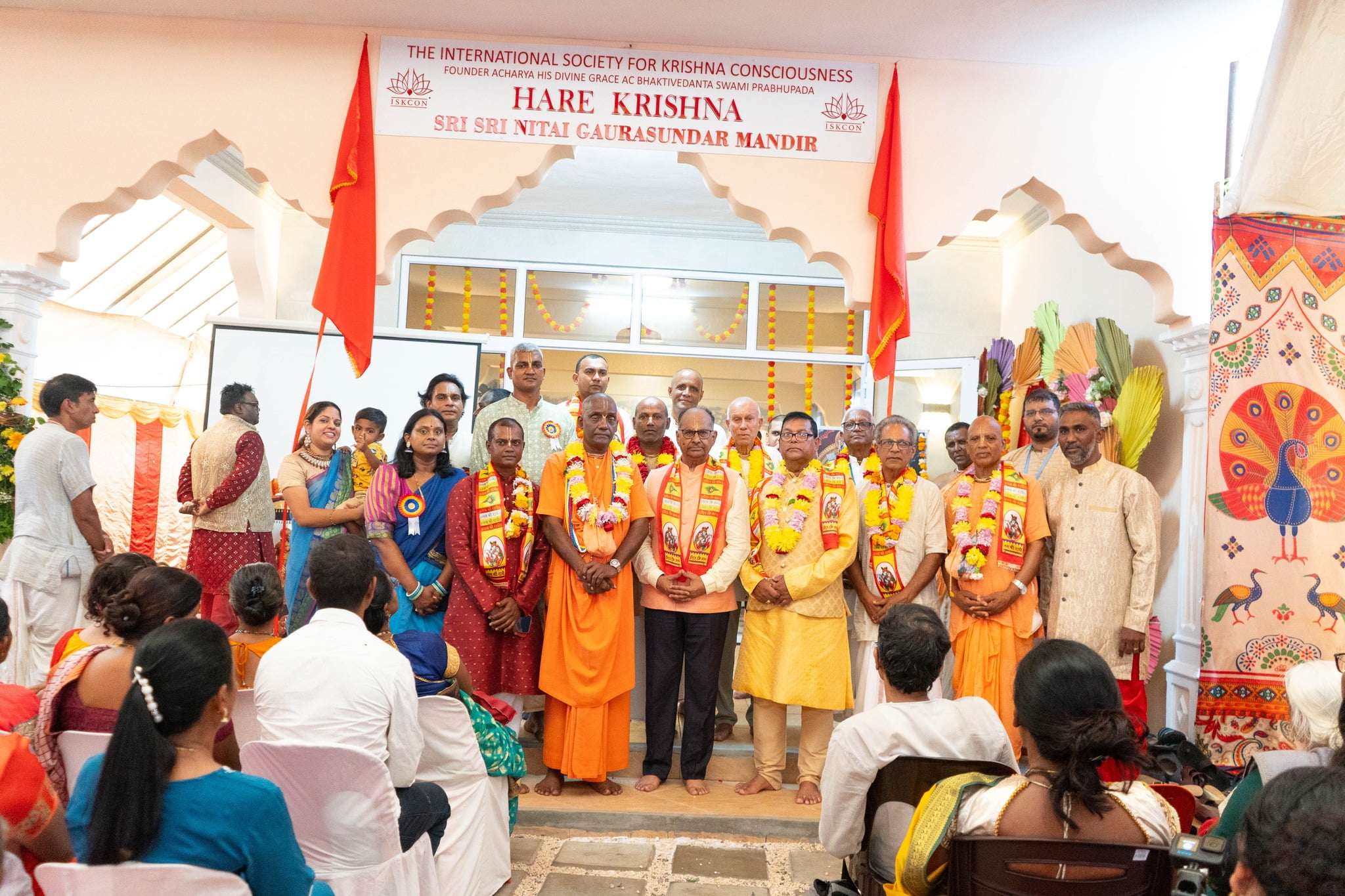New Zealand’s Kuli Mela Aims for Unity, Love and Devotion
By Madhava Smullen | Дек 08, 2012
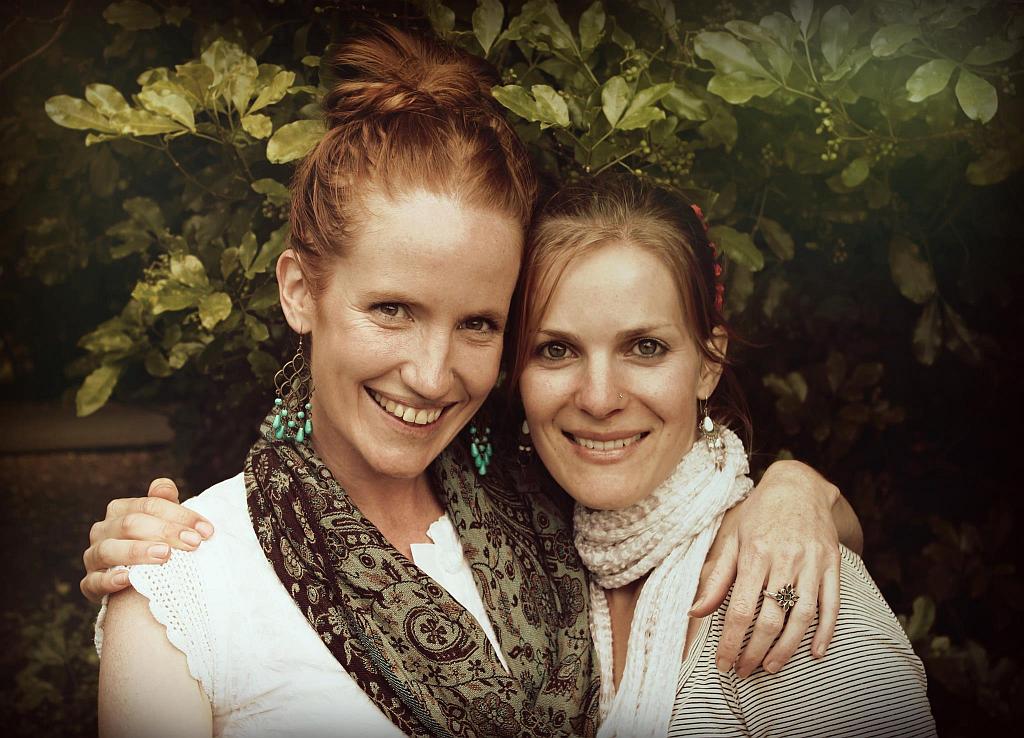
Kuli Mela has already hit the US, Europe, Russia and Australia. And now, the festival that aims to unite and inspire those who have grown up in the Hare Krishna movement is coming to New Zealand.
Around 120 “Kulis” are expected to attend the nearly two-week-long event, which will continue to revise the mood and activities of the Kuli Mela template.
The “Kiwi Mela,” running from December 27th to January 6th, is being organized by two childhood friends, Vrinda Taylor and Saraswati Howie. Both attended the local gurukula on the ninety-acre New Varshana farm near Auckland, where the event will be held. To them, all the generations in the community, not just their own, are important.
“This Kuli Mela is not just a youth festival,” says Saraswati. “ Because we don’t live in a youth bubble. We’re trying to create a bond between the generations. To create real and genuine relationships between the younger kids and the older gurukulis; between us and the senior devotees.”
True to this goal, preparations for the Kuli Mela have brought New Zealand devotees of all ages together—all the way from twelve-year-old current gurukula students to 82-year-old Madri mataji. The togetherness has been healing for the devotees, who have been recovering since February of last year from the loss of their Christchurch temple and Deities in an earthquake.
As well as all generations, Kiwi Mela is also attempting to create a space where people from all spiritual affiliations will feel welcome. Organizers hope this will go some way towards healing old rifts and wounds in the New Zealand Hare Krishna community, which has been split for many years between ISKCON and followers of Narayan Maharaja.

The New Varshana Farm and temple, the location for Kiwi Mela
“It’s about coming together, putting our differences aside, and focusing on the commonality that we have,” says Saraswati.
She also wants Kulis from all levels of spiritual practice to feel welcome and free from judgement.
“I hope to create an atmosphere where youth don’t feel that they have to ostracize themselves from Krishna when they go through whatever they’re gonna go through, as my generation did,” she says.
At the same time, Saraswati sees the Kiwi Mela as a chance to create a deeply Krishna conscious event that helps remove Kulis from any remaining perception by older devotees that they’re just “partiers.”
“As we mature, our events will mature accordingly,” she says.
Combining good healthy fun with Krishna consciousness, the Kiwi Mela will be split into two parts.
The first, “Golden Moon,” will run from December 27th until January 1st in Rotarua, one of New Zealand’s top tourist attractions. A beautiful geothermal hotspot, it’s filled with volcanos, geysers, hot waterfalls and thermal lakes.

Kulis will bathe in the thermal lakes at Rotarua
Kulis will travel there from Auckland’s New Varshana farm on a specially donated bus at 9:30am on the 27th, launching into a “raging kirtan” as they depart. During the three-and-a-half-hour drive, they’ll also stop for a “Harinama picnic” at one of New Zealand’s most beautiful picnic spots.
At Rotarua, they’ll stay in forest cabins on land owned by the Maori—the native New Zealand tribal people— and will be welcomed by the local Maori tribe.
The first day at Golden Moon will be a relaxed get-to-know-each-other affair, with fun games and a feast in the evening.
The next four days will feature a packed schedule of hikes, bike rides, swimming and other nature activities.
On New Year’s Eve during the afternoon, Kulis will head out for a huge Harinama, chanting Hare Krishna on the streets of Rotarua town.
“Then we’ll return to our camp, where we’ll hold a Holi celebration, followed by what Vrinda has referred to as a gulab shindig,” laughs Saraswati. “We’ll be cooking about 500 gulabjamuns [syrupy sweets] and having gulab eating, throwing and catching, and juggling contests. Sounds rather dangerous!”
Kulis will then settle into a night of kirtan in the forest with a whole host of singers including Nitai and Vijay from US group the Kirtaniyas, who will be fusing traditional mantras with electronic dubstep beats.

Pohutu geyser, Rotarua. (Courtesy of Destination Rotorua Marketing)
On January 1st, the group will have a spiritual program in honor of Vaishnava saint Srila Bhaktisiddhanta Sarasvati’s Disappearance Day, and then return to the New Varshana farm.
The official Kuli Mela will run from the 2nd to the 6th of January on the waterfront property, where a 20 x 15 meter marquee will be set up with a full stage and Jagannath Deities from Whangarei preaching center to bless the event. A large yurt will also be set up for bhajans.
An elaborate opening ceremony on the 2nd will feature dances and other performances, as well as a welcome by VIP guests including a local Maori representative. It will be followed by get-to-know-each-other group activities, and in the evening a vegetarian barbecue and Hangi.
“Hangi is a traditional Maori way of cooking,” Saraswati explains. “You heat up rocks in the fire, wrap your food in leaves, and put it in a basket. Then you bury it with the hot rocks underground for three or four hours. When it comes out, it’s infused with the taste of the earth and is just like nothing you can even explain.”
January 3rd and 4th will be packed with activities. After the morning program at the temple and breakfast, Kulis will attend workshops and seminars from 10am to 1pm, break for lunch, and attend more workshops from 3pm to 6pm.
Offered by a host of senior devotees and Kulis, these will include everything from study of Krishna’s pastimes, to relationship skills and nurturing Krishna’s children, to yoga, Ayurvedic cooking, and martial arts, to creative arts like drama, jewelry-making, graffiti, wood-carving, and t-shirt-making.

Thermal pool, Rotarua. (Courtesy of Destination Rotorua Marketing)
There will also be a major forum, led by Krishnendu Das and Damodara Das, which will explore what kind of vision Kulis would like to shape for the future, and what kind of responsibility they would like to take in the Hare Krishna movement.
At the end of each day, after evening arati at the temple and a buffet dinner, there will be an entertaining variety show from 7:30pm until 11:00pm. It will include dramas, puppet shows, Bharat Natyam dance, and acrobatics and martial arts from multi-talented artist Hari Narayan Das.
There will also be a packed roster of kirtan artists, including Sri Prahlad, Hari Bhakti Dey, and Sudevi and Kishori Mohan.
Finally, audiences will laugh and be thrilled at Kuli’s Got Talent, a humorous Kuli spin on the hit international TV show.
Judges including New Varshana temple president Kalasamvara Das and gurukula drama teacher Bhakti Marga Dasi will cast their verdicts on a variety of extremely talented mridanga players, acrobats, salsa dancers, jugglers and much much more.
Audiences will even get to enjoy the kind of hilariously bad performances featured at the beginning of the TV show, with senior devotees and Kulis delivering purposefully lame talents.
On the evening of January 4th, meanwhile, Kulis will head out onto Auckland’s Queen Street for an epic Harinama, after which they will invite members of the public back for an open event.
The Kuli Mela will end with a closing ceremony on Sunday the 6th, followed by a Kuli-led Sunday Feast at the temple.
“Kulis will be leading the kirtan, giving the class, cooking the prasadam, and serving and looking after everybody,” says Saraswati.
She hopes that attendees will come to Kuli Mela with an open mind and heart, and leave with deepened relationships, feeling inspired and empowered for the future.
“I want to show people that regardless of all our differences, we can work together, and we can create greatness—for Srila Prabhupada,” she says. “I just want to make him happy, and proud of us.”
To book your tickets and for more information, please visit http://kulimelanz.com.



